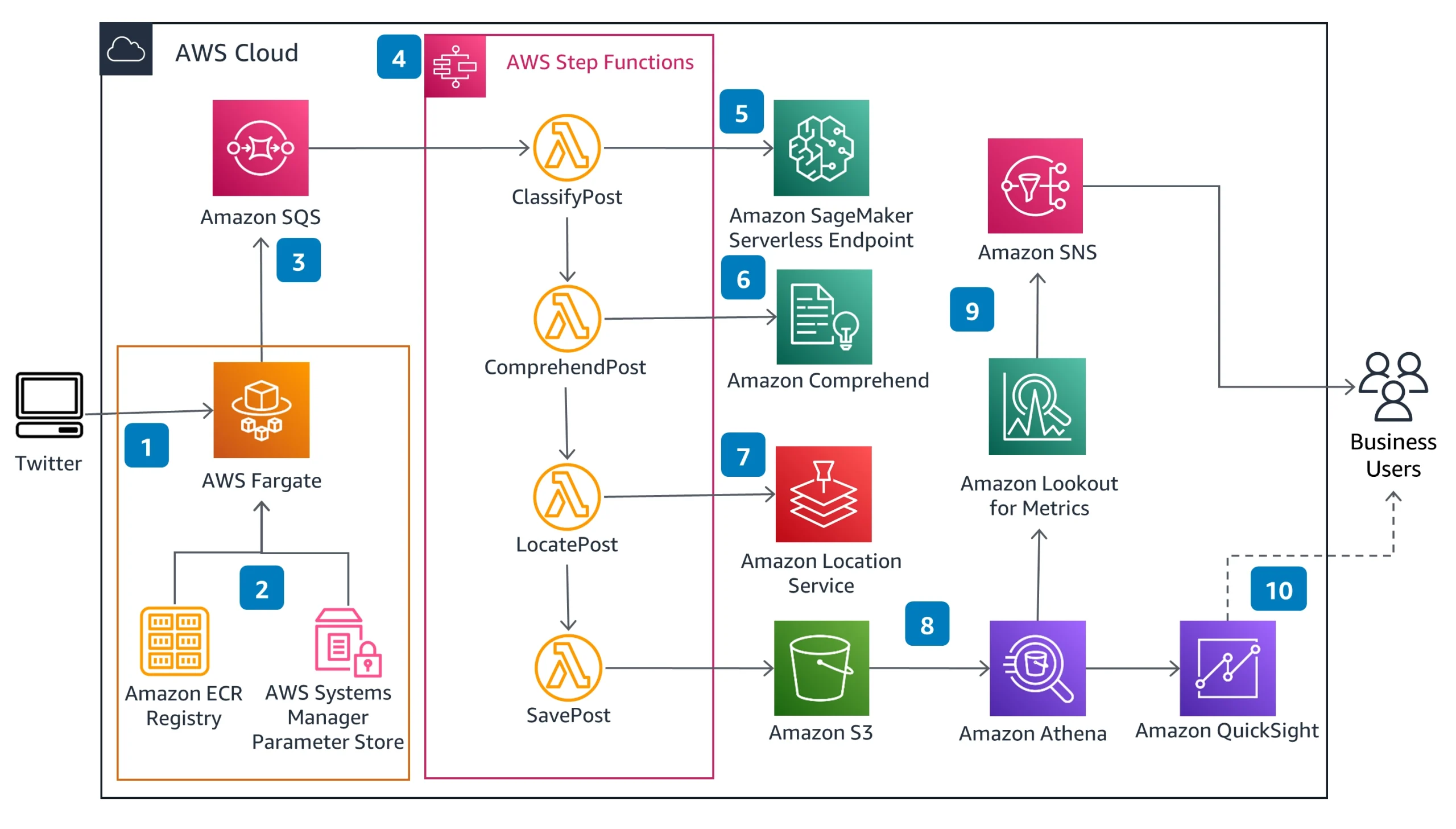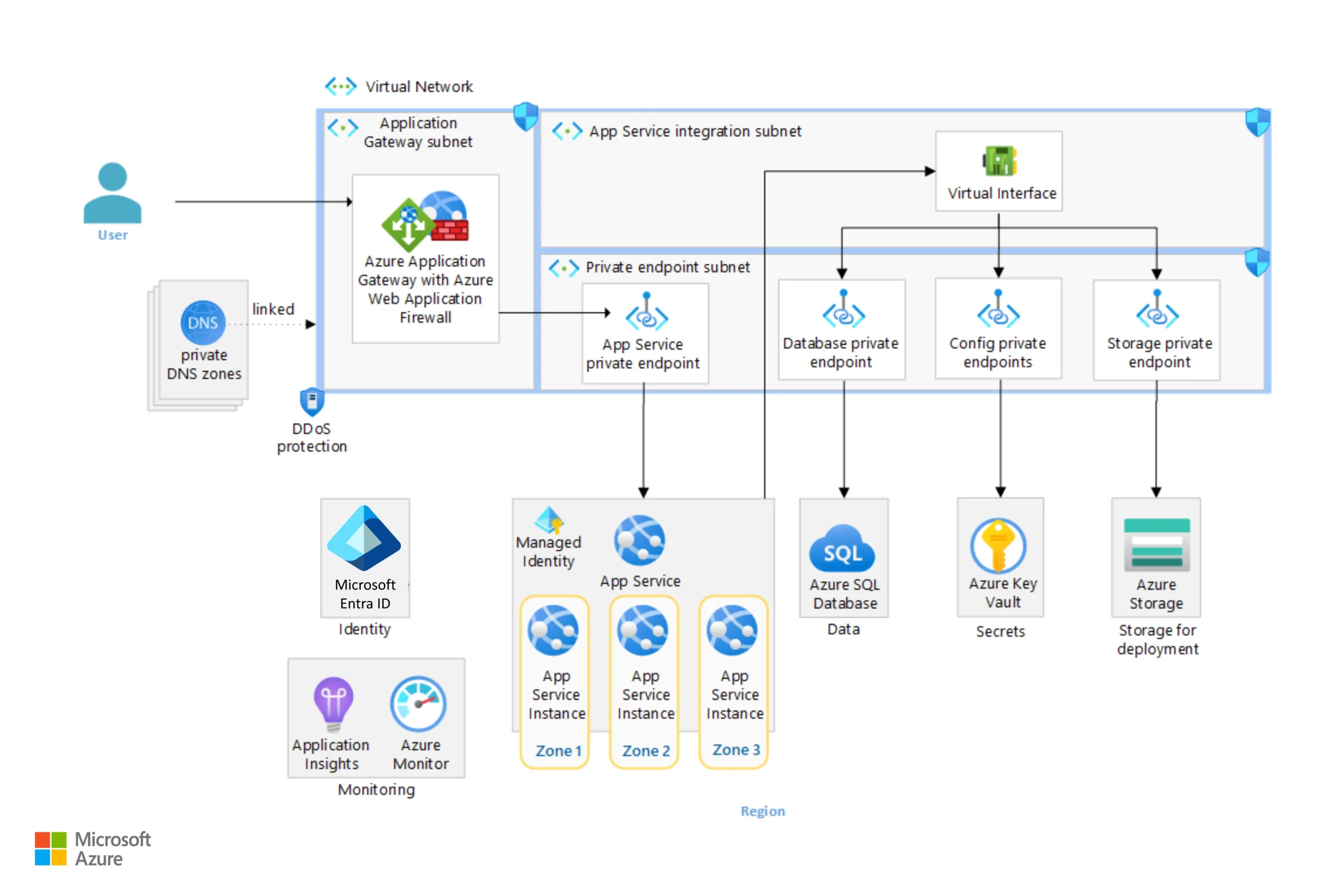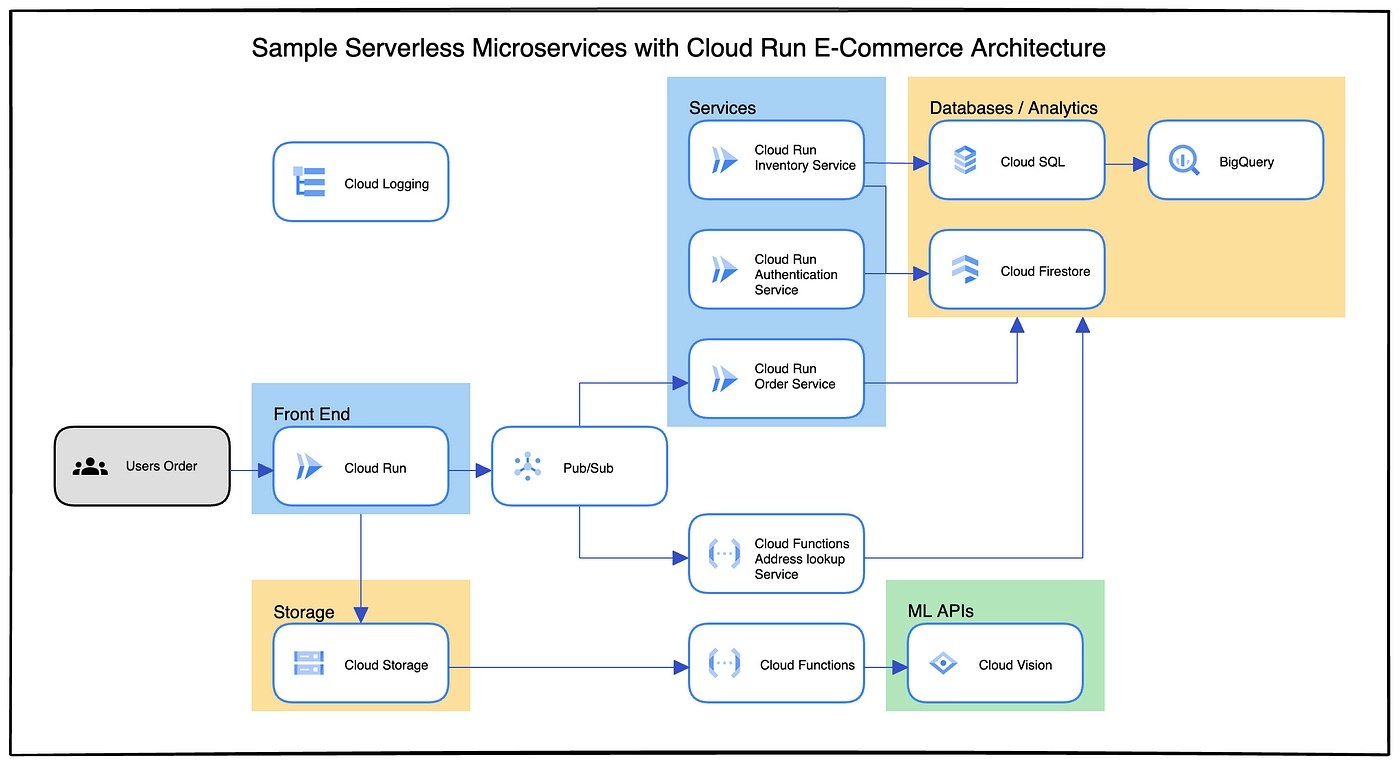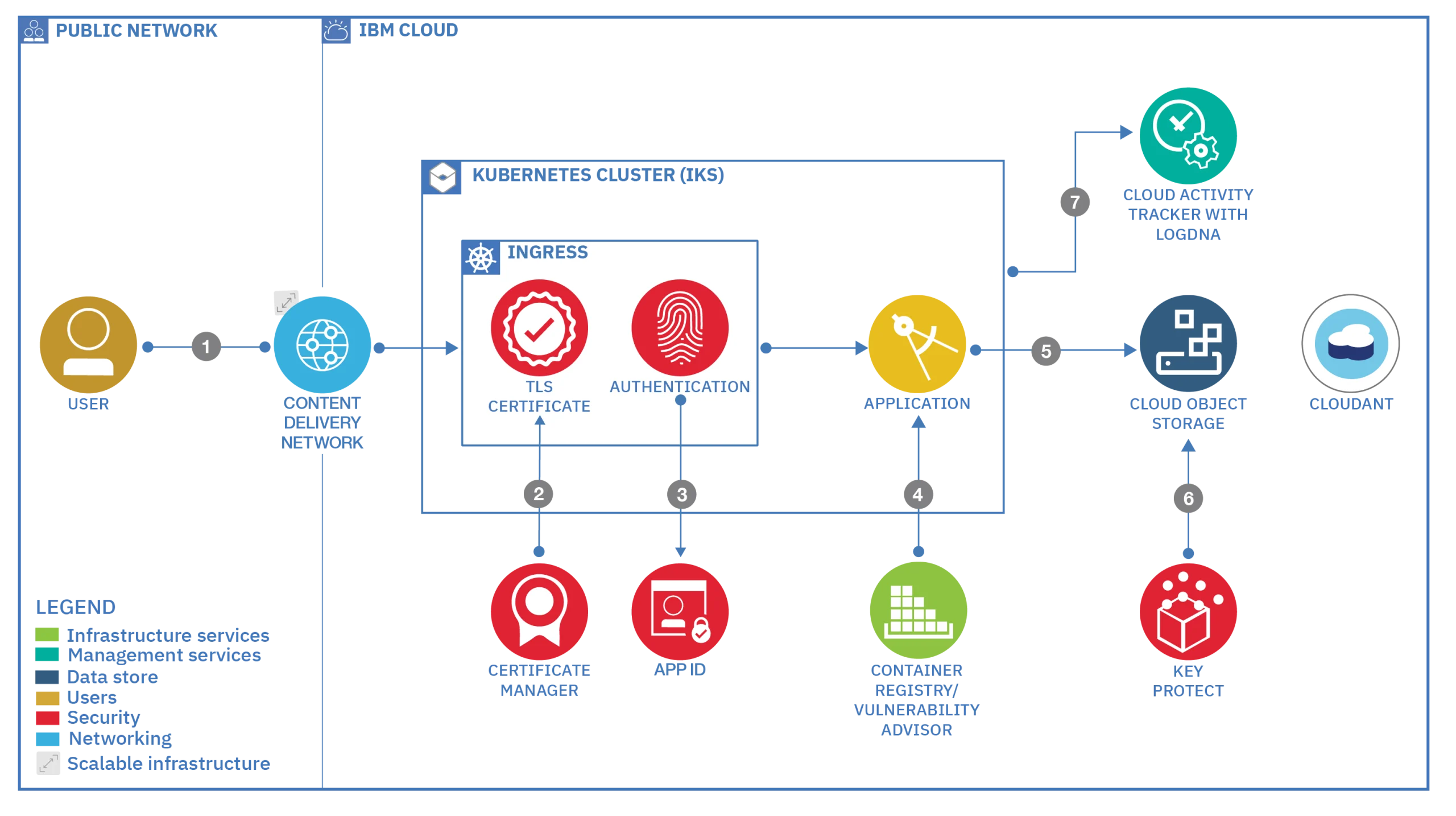Exploring Microsoft Azure Cloud: What You Need to Know!
Introduction
Hey Everyone! Welcome back from ARTIFICALAB LTD! In this blog post, we will focus on Microsoft Azure Cloud, unlike previous topics like Power BI Business Intelligence. This blog will focus on learning related to Microsoft Azure Cloud, as well as types of Cloud business models, and available certifications you as a Learner can try with us!
Who are we? What is ARTIFICALAB LTD?
Before we continue this blog post, let us introduce ourselves first. Started in 2019, we, as ARTIFICALAB LTD, strive to offer Azure Cloud, Business Intelligence (Power BI), Python, Oracle SQL, and even Financial Analysis Courses to our clients all over the world!
So, after you finished reading this blog post, you can explore some of our Azure Cloud Certification Courses on our Website Portal or direct to the Udemy Platform, where we will equip you with the right skills and expertise you will need for your future career!
For now, grab a coffee, sit back, relax and let's get started!

"Technology is constantly changing and Today' is often called the era of AI and Cloud. Businesses who have been comfortable with Offline Based Systems are now moving to Integrated Cloud Solutions. This leads to a new growing demand in Cloud Engineers and Cloud Architects where you as a new learner should consider studying Cloud Infrastructure and Solutions as part of your career!
We, at ARTIFICALAB LTD, now offers various Azure Cloud Certification Courses on Udemy Platform as well as on our Portal Website as well. Whether you want to become Administrator in Azure Cloud based Solutions, or become a Azure Cloud based Data Scientist, or Azure Cloud Architect, we got you covered! Join with us, and your future Cloud Career will be secured!!
"
— Mr. Thu Ta Naing, CEO & Founder (ARTIFICALAB LTD),
Introduction to Microsoft Azure Cloud and History of Azure
In fact, the term "Azure" is the trademark brand of Microsoft Cloud Infrastructure Platform, which is initially launched as Windows Azure in 2010. Since 2010, Azure Cloud offers a wide range of services, including computing, analytics, storage, and networking.
With the constant ever-changing technology and trends, Microsoft Azure has evolved significantly over the years, becoming a key player in the cloud computing industry. Its robust infrastructure and extensive service offerings make it a preferred choice for businesses of all sizes.
The Era of Cloud Computing and Approach by CEO Satya Nadella
Under the leadership of CEO Satya Nadella, Microsoft has embraced a cloud-first strategy, transforming the company into a leading cloud service provider. Nadella’s vision has been instrumental in driving the adoption of cloud technologies, emphasizing innovation, scalability, and flexibility. This approach has positioned Microsoft Azure as a critical component of the modern digital landscape.
Top 5 Public Cloud Providers in 2024
As of 2024, the top public cloud providers can be considered as the following:
1. Amazon Web Services (AWS)

Figure: AWS Solution Example, Image Courtesy of AWS Inc.
2. Microsoft Azure

Figure: Azure Cloud Architecture Example, Image Courtesy of Microsoft Inc.
3. Google Cloud Platform (GCP)

Figure: Google Cloud Architecture Example, Image Courtesy of Google
4. IBM Cloud

Figure: IBM Cloud Architecture Example, Image Courtesy of IBM
5. Oracle Cloud

Figure: Oracle Cloud Architecture Example, Image Courtesy of Oracle
These providers dominate the market, offering a wide array of services and solutions to meet diverse business needs.
Azure Cloud Network: Data Centers, Geographies, Regions, and Availability Zones
Microsoft Azure boasts a vast and expansive cloud network, with data centers strategically located around the globe. Azure operates in over 60 regions, covering more than 140 countries.
Each region consists of multiple data centers, ensuring high availability and redundancy. Additionally, Azure’s availability zones provide further resilience by distributing resources across isolated locations within a region, minimizing the risk of downtime.
Cost Savings and Innovation with Cloud Models
One of the benefits of approaching your business systems on Cloud Infrastructure is that adopting a cloud model could significantly reduce initial setup costs for businesses.
Instead of investing in expensive hardware and infrastructure, companies can leverage Azure’s pay-as-you-go model, paying only for the resources they use. This approach not only saves costs but also allows businesses to access cutting-edge technologies, such as artificial intelligence, machine learning, and big data analytics, without the need for substantial upfront investments.
Drawbacks of Using Azure Cloud
While Azure offers numerous benefits, there are some drawbacks to consider:
- Complexity: Managing and optimizing cloud resources can be complex, requiring specialized skills and knowledge.
- Cost Management: Without proper monitoring, costs can quickly escalate, especially with pay-as-you-go models.
- Downtime: Although rare, cloud services can experience outages, impacting business operations.
Available Azure Certifications You Can Explore
To enhance your skills and career prospects, consider pursuing the following Azure certifications:
- Microsoft Certified: Azure Fundamentals
- Microsoft Certified: Azure Administrator Associate
- Microsoft Certified: Azure Developer Associate
- Microsoft Certified: Azure Solutions Architect Expert
- Microsoft Certified: Azure Data Engineer Associate
In further post, we will explain these certification benefits and comparisons later.
CONCLUSION
Thank you for reading this blog post from ARTIFICALAB LTD. We hope this guide has provided you with a comprehensive understanding of Azure Cloud Business and will be keen to explore and learn more as well. Whether you’re just starting or looking to deepen your knowledge, Azure’s vast ecosystem and certifications can help you achieve your goals for your future career. Stay tuned with us, and we will guide you to our Azure world, where we offer numerous Azure cloud certification trainings for your career needs!
Whether you want to become Azure Cloud Administrator or Azure AI Engineer or Azure Data Scientist, we got you covered! ARTIFICALAB LTD will and continue to strive to fulfill its customers in every aspect way it could be!






